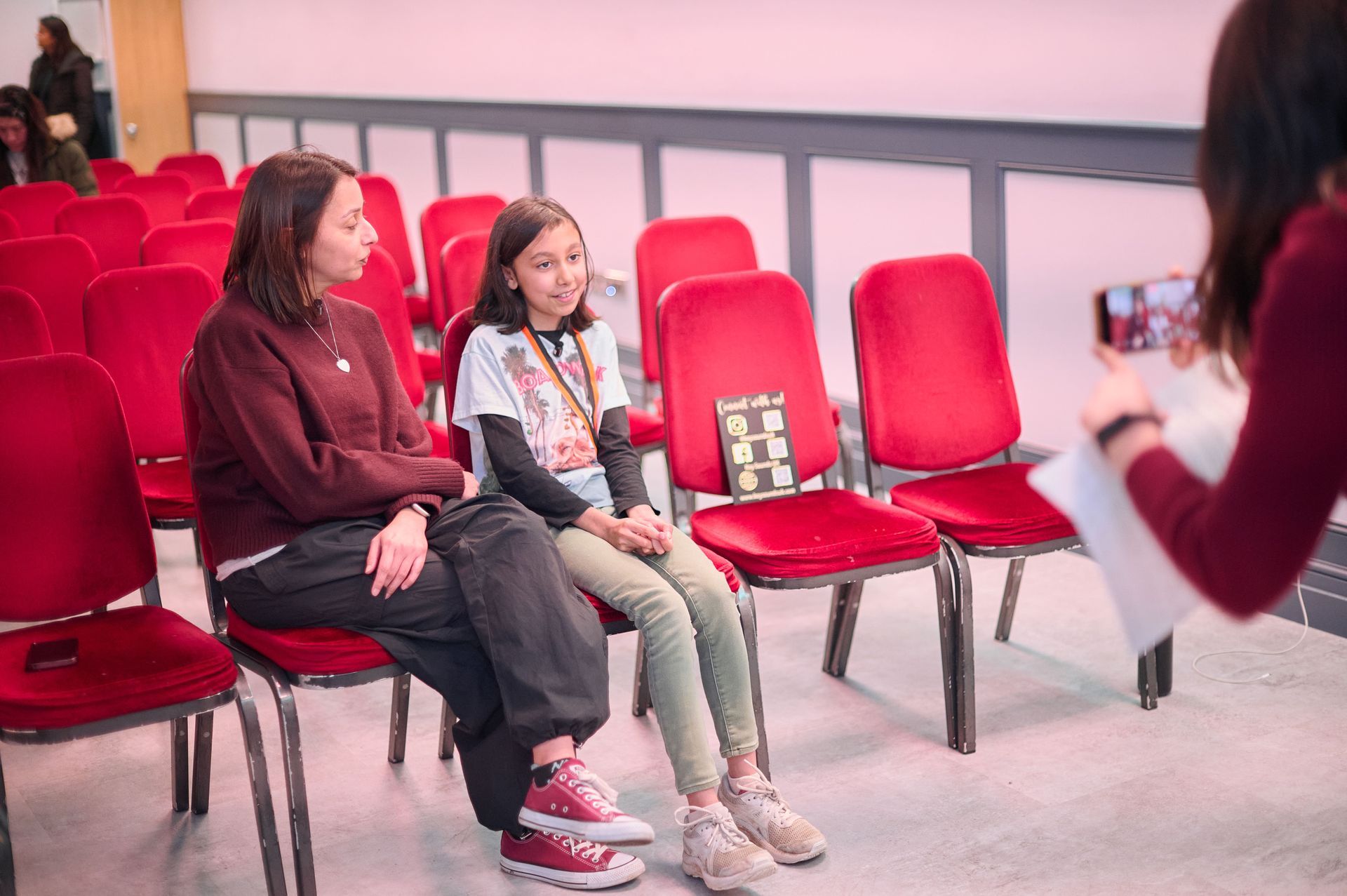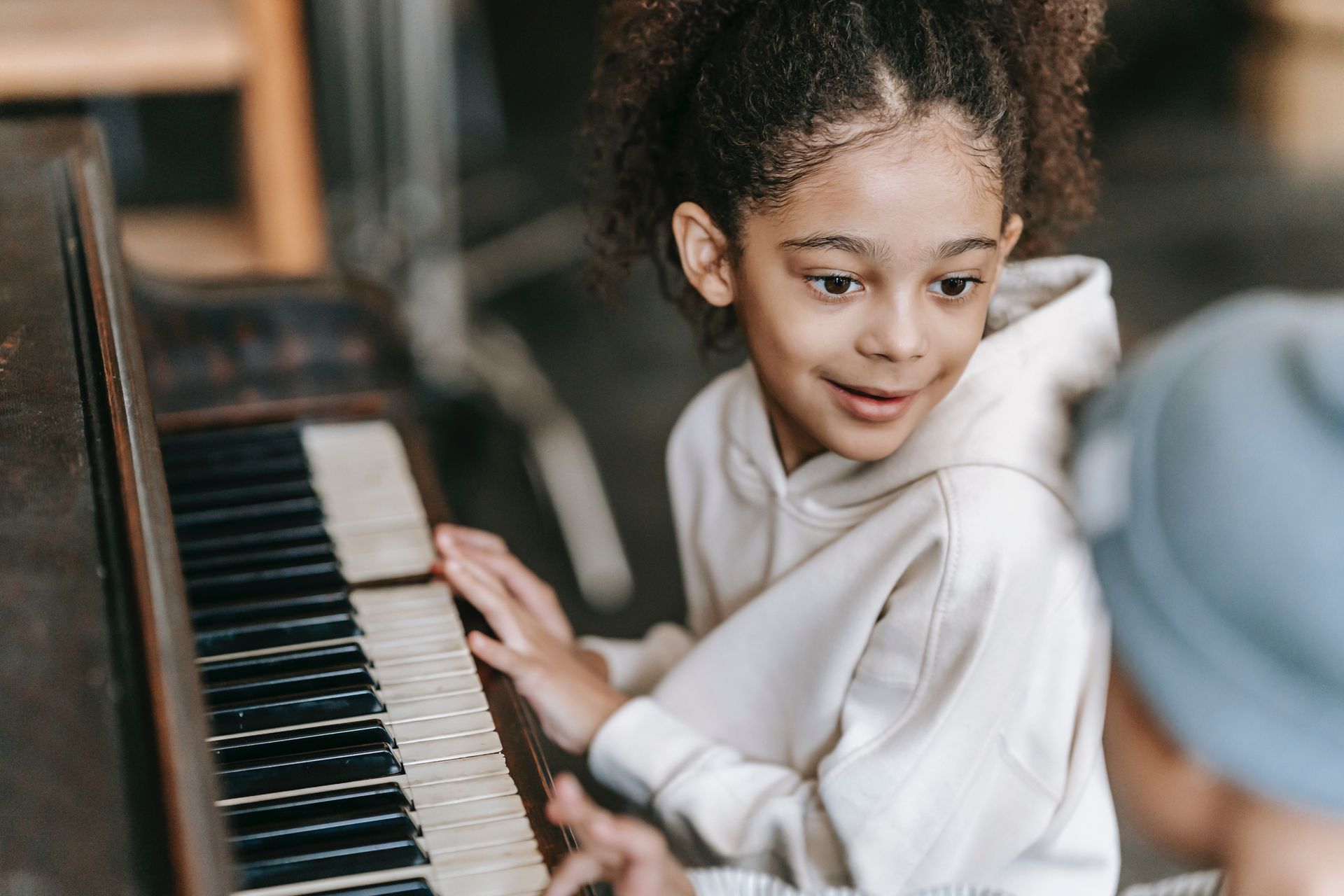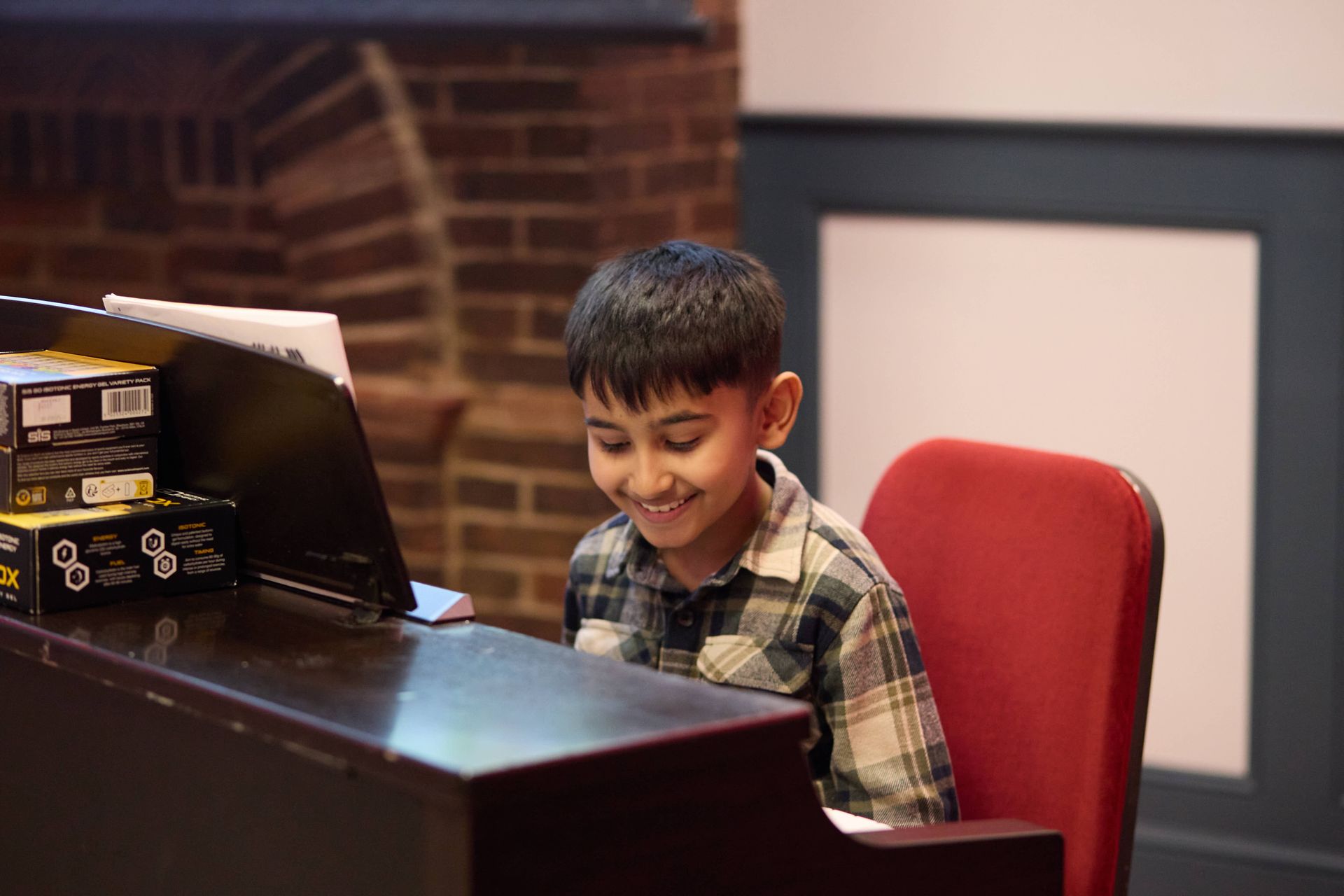Five Quick Wins to Improve Your Piano Playing
Whether you're brand new to the piano or already a few steps into your musical journey, progress doesn’t have to be slow. At Key Sounds UK, we believe in helping students see real improvement fast. Here are five actionable tips you can start using today to level up your playing today.
1. Set a 10-Minute Focus Practice Window
Instead of long, unfocused sessions, commit to 10-minute bursts with a clear goal for example: mastering one bar or perfecting a transition. This builds muscle memory faster and keeps you motivated with small wins.
2. Record Yourself (Even Just Audio)
Most students have access to an iPad, phone or their parents phone. The act of listening back to your playing reveals things you may miss in the moment. Are your rhythms tight? Is your dynamics work coming through? Self-review is a powerful feedback loop.
3. Use a Slow-Down App or Function
Most learners try to play too fast, too soon. YouTube’s speed setting helps you break things down and build accuracy before adding speed.
4. Revisit Your Warm-Ups with Purpose
Scales and arpeggios aren’t just warm-ups, they're opportunities. Focus on finger strength, even tone, and smooth transitions. Think quality, not just quantity.
5. Play a Song You Love Daily
Yes, practice is crucial. But so is joy. Playing a favourite piece - even imperfectly keeps your passion alive. That emotional connection is what keeps fingers on keys long term.
At Key Sounds UK, we design every lesson to be a mix of technical growth and musical enjoyment. If you're looking for fast, meaningful progress with a teacher who understands your goals, come and try a session with us.
Get in touch to find out more information here: www.keysoundsuk.com/contact



